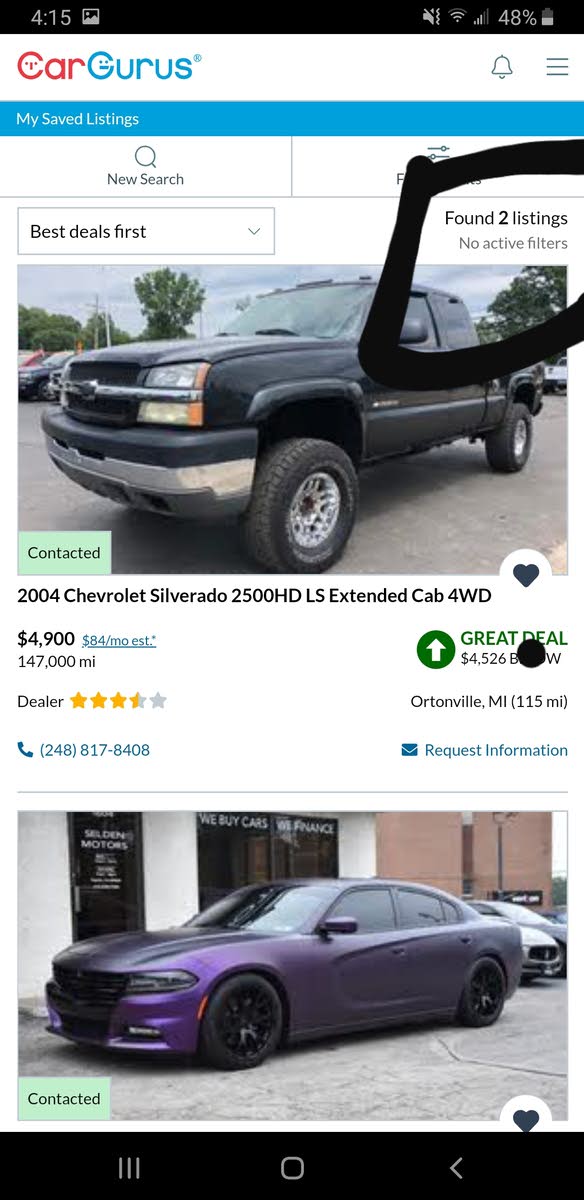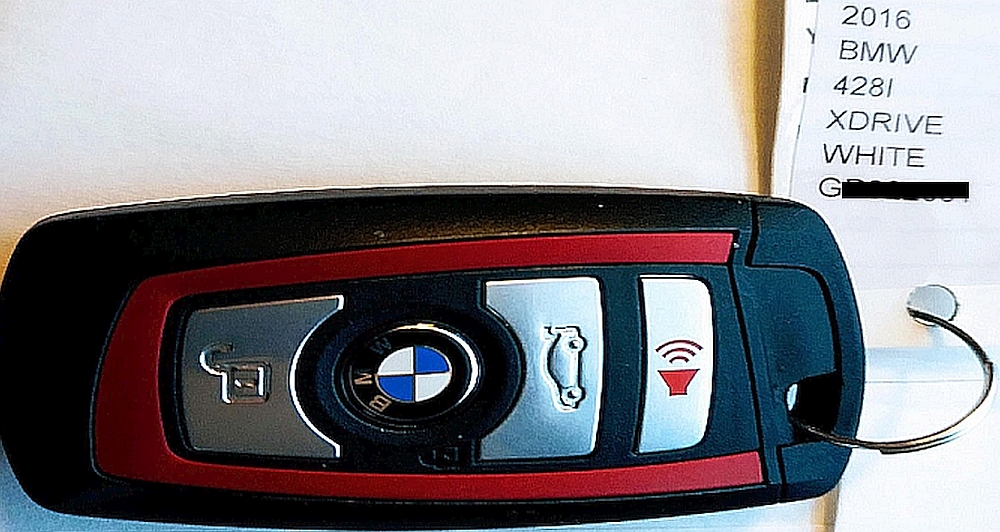Cargurus No Longer Let You Choose Model Trim

Imagine searching for your dream car: a sleek, reliable vehicle that fits your lifestyle and budget. You meticulously filter by make, model, and even trim, ensuring you find the perfect match. But lately, something's been off. That specific trim level, the one with the features you really wanted, is missing from the search results. The automotive landscape is shifting, and the way we search for cars online is changing too.
CarGurus, a leading online automotive marketplace, has quietly removed the option to filter by trim level on their platform. This change, while seemingly minor, has significant implications for car buyers and sellers alike, altering the car shopping experience and potentially impacting pricing transparency.
The Changing Landscape of Online Car Shopping
Online car marketplaces have revolutionized how people buy and sell vehicles. Platforms like CarGurus, Cars.com, and AutoTrader aggregate listings from dealerships across the country, offering consumers a vast selection and powerful search tools. This has empowered buyers with more information and control than ever before.
The ability to filter by trim level has long been a staple feature, allowing shoppers to narrow down their search to vehicles with specific features and options. Trim levels often dictate key aspects of a car, such as engine type, interior materials, technology packages, and safety features. Finding the right trim is crucial for many buyers.
The CarGurus Decision: What Happened?
The removal of trim level filtering on CarGurus appears to be a deliberate change, not a technical glitch. While CarGurus has not issued a formal announcement or press release about the change, users have noticed its absence and discussed it in online forums and social media groups. The reason behind this decision remains largely unspecified.
Some speculate that it could be related to data standardization challenges. Dealerships may not always accurately or consistently list trim levels, leading to inaccurate search results and user frustration. Simplifying the search process could, in theory, improve the overall user experience by reducing potential errors.
Another possibility is a shift in strategy towards focusing on broader vehicle characteristics and overall value. CarGurus has long emphasized its deal rating system, which assesses the relative value of a vehicle based on its price, mileage, and features compared to similar listings. Perhaps the platform is prioritizing this overall value assessment over granular trim-level filtering.
Impact on Car Buyers
The removal of trim level filtering has several potential consequences for car buyers. First and foremost, it makes it more difficult to find vehicles with specific features that are typically associated with certain trims. Shoppers may now need to manually sift through listings, examining individual feature sets, which is time-consuming.
Secondly, it could lead to less informed purchasing decisions. Without a clear understanding of the trim level, buyers may unknowingly purchase a vehicle with fewer features than they expected. This could result in buyer's remorse and dissatisfaction.
Moreover, the change might impact price transparency. Trim levels play a significant role in determining a vehicle's value. Without the ability to filter by trim, it becomes harder to compare prices between similar vehicles and identify truly good deals.
"It's like going to the grocery store and they stopped labeling the different types of apples," said John Smith, a car enthusiast and frequent user of online car marketplaces. "You can still find apples, but you have to work harder to figure out which one you're getting."
The Dealership Perspective
Dealerships may also be affected by the change. On the one hand, it could simplify their listing process, as they no longer need to ensure accurate trim level information. However, it could also make it harder for them to attract buyers specifically looking for certain trims.
Some dealerships may need to adjust their marketing strategies to highlight the specific features of their vehicles in more detail. This could involve creating more descriptive listings and using high-quality photos and videos to showcase the car's amenities.
Data from automotive industry analysts suggests that consumers increasingly rely on online research before visiting a dealership. This shift places even more emphasis on the accuracy and completeness of online listings.
Alternatives and Workarounds
While CarGurus has removed the trim level filter, there are still ways for car buyers to find the vehicles they want. One option is to use other online marketplaces that still offer trim-level filtering. Cars.com and AutoTrader, for example, continue to provide this feature at the time of writing.
Another strategy is to use keyword searches to find vehicles with specific features. For example, if you're looking for a car with leather seats, you can search for "leather seats" within the make and model you're interested in. While this method is not as precise as trim-level filtering, it can help narrow down your search.
Contacting dealerships directly is also an option. By speaking to a salesperson, you can inquire about the specific features and trim levels of their vehicles. This approach requires more time and effort but can provide more detailed information.
The Future of Online Car Shopping
The CarGurus decision raises questions about the future of online car shopping. Will other platforms follow suit and remove trim-level filtering? Or will they recognize the value of this feature and continue to offer it to consumers?
The answer likely depends on the evolving needs and preferences of car buyers. As technology advances, new tools and features may emerge that offer even more sophisticated ways to search for and compare vehicles. Perhaps AI-powered search engines will become capable of understanding complex feature combinations and recommending the perfect car for each individual.
The automotive industry is constantly changing, and online car marketplaces must adapt to stay relevant. While the removal of trim-level filtering may seem like a step backward, it could also be a catalyst for innovation and the development of new and improved ways to find the right car. It is a reminder that technology and data are always reshaping our purchasing patterns.
Ultimately, the goal of online car shopping should be to empower consumers with the information and tools they need to make informed decisions. Whether that involves trim-level filtering, AI-powered search, or other innovative features, the focus should always be on providing a seamless and satisfying car-buying experience.


















